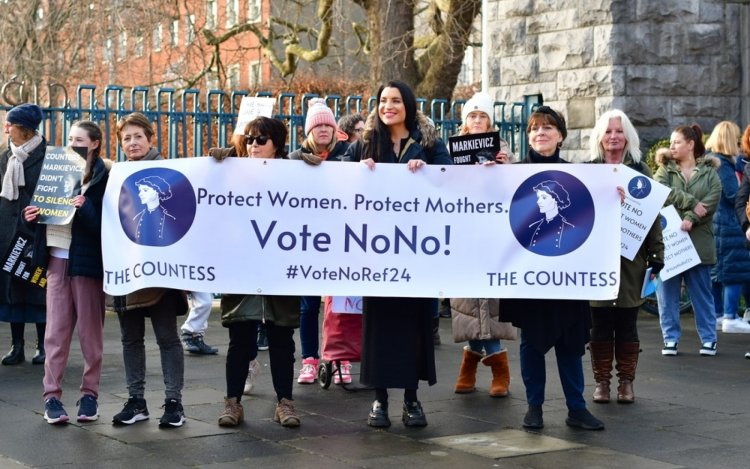Irish population rejected 1937 Constitution amendment proposal, sparking women’s rights movements. Rejecting amendments targeted traditional gender roles, referendum failed to address gender equality and power dynamics.
Constitutional Referendum on Women and Family Overwhelmingly Rejected by Irish Voters








Comments